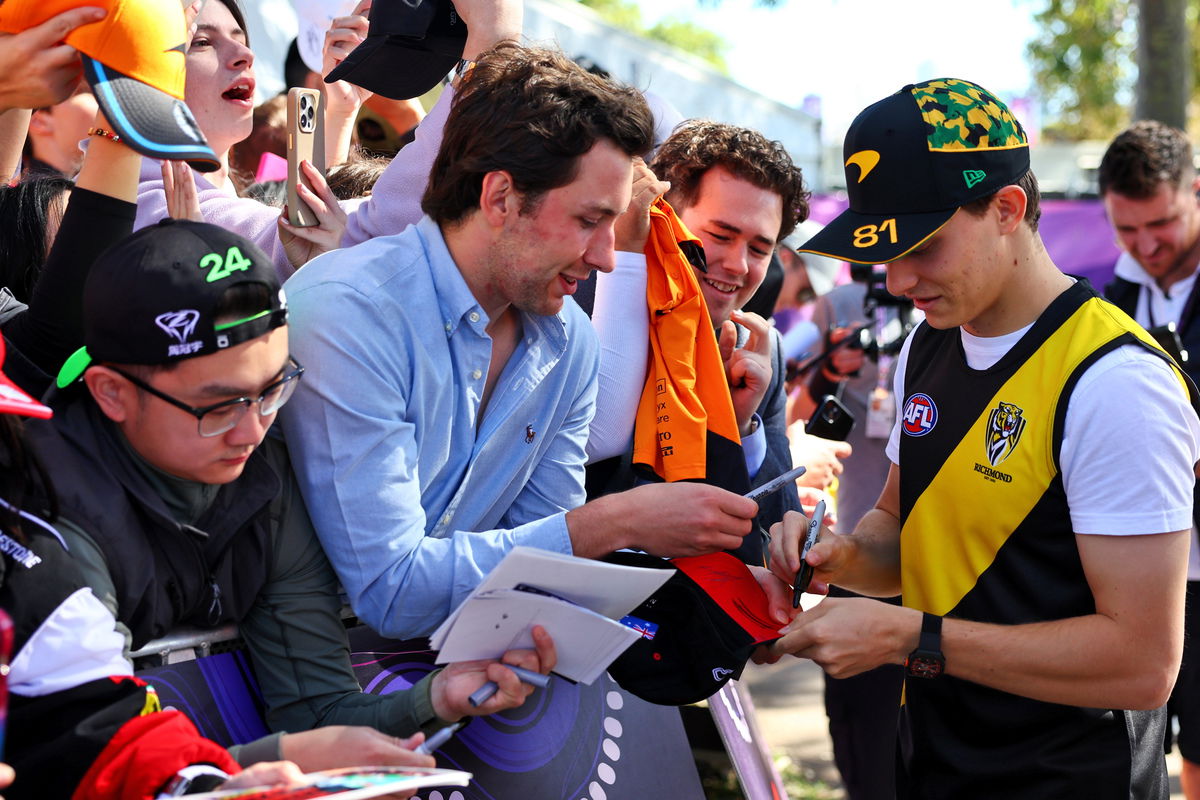

The ticketing platform suffered a high-profile meltdown last week ahead of the onsale for tickets to the 2025 Formula 1 Australian Grand Prix.
That saw the process delayed by 24 hours with Saturday and Sunday general admission and grandstand allocations quickly exhausted.
Launched by Gordon Legal, the class action is not a direct response to that incident and instead addresses broader concerns surrounding Ticketmaster.
“We have been contacted by customers who are concerned that they have paid more than they should have for event tickets,” explained James Naughton, class action partner at Gordon Legal.
“We are investigating their concerns, including how ‘dynamic pricing’ is influencing the cost of tickets in Australia.
“The focus of our investigation relates to whether any laws designed to protect consumers have been breached.”
The investigation comes following a report by ABC’s Four Corners that highlighted the additional costs attributed to fees when purchasing through Ticketmaster, claiming it increased the price to consumers by $30-40 depending on the ticket.
Live Nation responded with a statement to Four Corners: “Ticketmaster complies fully with Australian Consumer Law by incorporating per ticket or percentage fees into the price of the ticket paid by fans, and prominently disclosing any optional or transaction level fees.
“These fees support essential services, including tech development and innovation, customer service, security and compliance, all of which require significant investment.”
More on Australian GP tickets
👉 2025 Australian GP sold-out in under an hour
👉 Australian GP ticket sales delayed by ‘third-party outage’
👉 Increased capacity for 2025 Australian Grand Prix
The Australian Grand Prix Corporation has employed dynamic pricing, which increases ticket prices based on demand, for at least the past two years.
It’s a practice that has come under fire from fans who view it as price gouging, especially given laws limit the resale of tickets to 10 percent above face value.
Travis Auld, CEO of the Australian Grand Prix Corporation, defended the use of dynamic pricing.
“People outside of the promoter can’t sell for more than 10 percent, is what the major events act is,” he told Speedcafe ahead of tickets going on sale.
“We’ll have the same pricing model as last year. We continue to try and manage that in a way that recognises the popularity of the event.
“We are still, relative to a number of events, including those in Australia and outside of Australia, probably at the conservative end of pricing.
“Not everyone will agree with that, but if you benchmark it, that’s where it’s at.
“There’ll be a lot of demand, so that will be reflected through pricing, but it’s the same process as last year.”
The Australian Grand Prix did offer some transparency for fans by displaying the pricing range for all tickets on its website.
In the United States, Ticketmaster and Live Nation are the subject of a Department of Justice-led lawsuit, supported by 40 states, for “monopolization and other unlawful conduct in violation of Sections 1 and 2 of the Sherman Act.”
Ticketmaster and Live Nation are primarily owned by Liberty Media, with a 30.09 percent shareholding (according to its most recent proxy filings).
Liberty Media is also the commercial rights holder to Formula 1.





















Discussion about this post